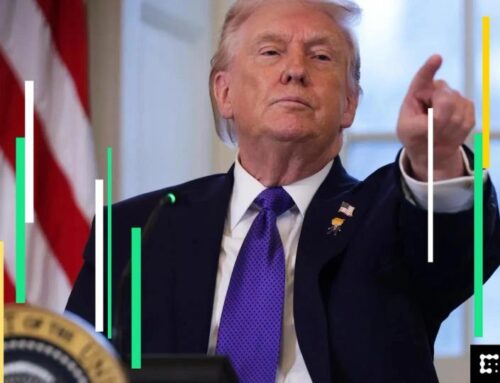Guest columnist Joe Curtatone: Renewable energy and battery storage is the affordable choi
June 22, 2025
Massachusetts is facing a familiar crossroads: our climate is changing, our grid is under strain, and our communities are rightly asking tough questions about safety, cost, and accountability. This is what communities need to do, but those questions must be met with facts, not fear.
Recent headlines about Wendell’s battery energy storage bylaw and the ongoing legal challenge paint the picture of a community fighting to protect itself. I understand that instinct. I spent nearly two decades as the mayor of Somerville, the densest city in the country, where every infrastructure decision impacted the whole community. I know what it feels like when communities believe they aren’t being heard. And I also know how important it is not to let misinformation, emotion, or outdated understanding of technology derail solutions essential to our economic and energy future.
Battery energy storage systems (BESS) are not science fiction or untested theory. They’re a proven tool for reducing energy costs, stabilizing the grid, and protecting our communities from fossil fuel price shocks, which, as this past winter and summer reminded us. We are seeing those shocks play out monthly in our ever-rising energy bills. Storage is the infrastructure that enables us to take full advantage of cheaper, cleaner, local sources like solar and wind, holding that energy and delivering it when it’s needed most. Without it, we’re stuck paying more for dirty, more costly oil and gas.
In addition, Massachusetts families are footing the bill for addressing gas system leaks, which will cost the consumer more than $40 billion to fix. They’re also paying for fossil fuel volatility driven by global markets, and for decades of underinvestment in alternatives. At the same time, they’re told to fear the very infrastructure, like battery storage, that can lower their bills and keep the lights on. That’s a lose-lose scenario.
We can’t let anecdotes from rare, isolated incidents obscure what decades of progress and modern safety protocols have delivered. The Moss Landing fire in California, frequently cited by opponents, involved older equipment and site-specific failures, issues that wouldn’t meet today’s rigorous standards. The latest National Fire Protection Association (NFPA) codes mandate advanced thermal management, isolation systems, remote monitoring, and local emergency coordination. These are not optional guidelines, they’re enforceable codes that reflect lessons learned.
As a former mayor, I understand you can never dismiss real concerns about siting, water safety, or community engagement. These must be addressed transparently and honestly. Projects should include local consultation, third-party safety reviews, and community benefits. However, a blanket rejection of battery storage based on generalizations or misread legal distinctions, such as zoning versus general bylaw, doesn’t just delay solutions. It risks deepening the very vulnerabilities we’re trying to solve.
Wendell’s case is not an isolated incident; it reflects a broader trend, and that’s no accident. Across the Northeast, we see a well-organized playbook of local opposition that mixes skepticism, exaggerated risk, and appeals to “home rule,” often fueled by groups fighting renewable energy across the board. Though they may appear “organic,” they’re frequently coordinated and funded by dark money, and they don’t always reflect the full voice of a community. But these efforts can effectively slow the clean energy transition, unless the truth is told.
Let’s elevate a different kind of leadership rooted in science, public benefit, and local trust. Clean energy infrastructure, including storage, isn’t just about meeting state climate goals. It’s about protecting public health, increasing energy security, creating good jobs, and insulating families from fossil fuel price shocks.
Article continues after…
Battery storage, like all infrastructure, must be safe. But it must also be understood. The communities that lead the way on clean energy will shape their future, economically and environmentally. Those who reject it based on misinformation and fear will find themselves stuck with older, dirtier, and more expensive systems long after the rest of the state has moved forward.
We have a responsibility to facts, to each other, and to future generations to make renewables the safe, easy, and affordable choice for our energy future. Let’s meet this challenge head on.
Joe Curtatone is president of Alliance for Climate Transition and the former mayor of Somerville.
Search
RECENT PRESS RELEASES
Related Post









